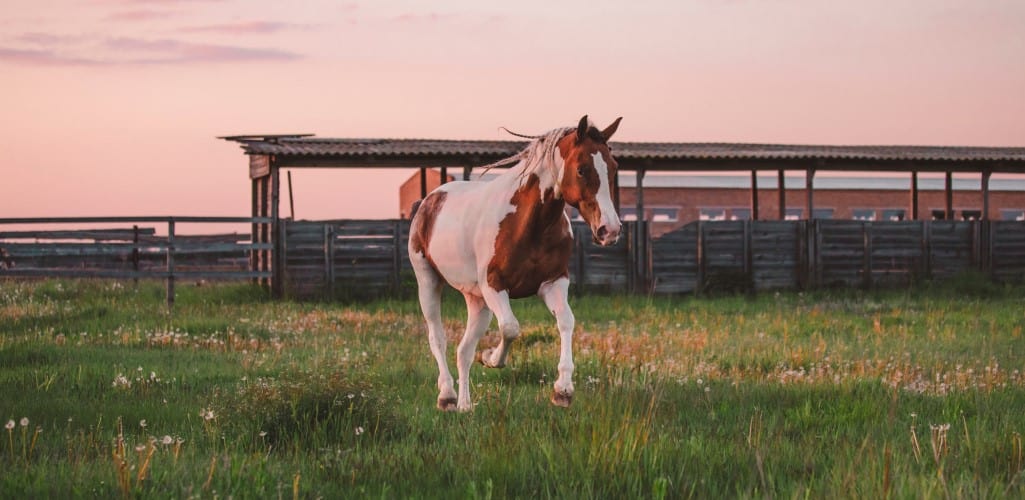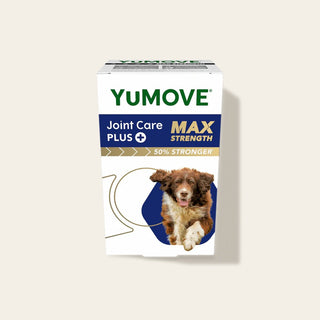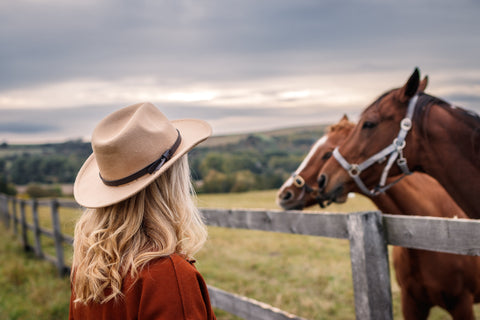

The all-year outdoors horse
Do you keep your horse outside in the field all year round? Or do you prefer to bring them into a stable for part of the year?
It’s a hotly-debated topic for many horse owners. Here we look at the pros and cons of keeping your horse in the great outdoors, and share a few tips on how to make it work if you decide to go down this path.
It’s only natural
If you ask people why they choose to keep their horse outdoors full-time, you’ll often hear the argument that it’s the natural way to go. “Horses evolved to live in herds in the wild,” they’ll say. “They weren’t born to be confined in stalls and stables. They’re best left out in the open where they can run around, socialise with their herd, and graze and forage in the field.”
It’s certainly true that horses are happiest when they’re free to move. Watch any group of horses in a field and you’ll see them happily wandering around, going to nuzzle up against each other, walking and grazing, and occasionally stopping to rest or sleep.
Keep moving to keep joints healthy
Keeping moving is important both so that horses are free to socialise within their herd, but also to maintain their optimum joint health. In the wild, horses are nomadic animals, and may well cover 10-20 miles in a day.
Staying active strengthens the muscles around your horse’s joints, encourages production of the synovial fluid that lubricates the joints and helps ensure their joints don’t become stiff. This is particularly important for the joints that are most susceptible to stiffness, such as the fetlocks, knees, hocks and coffin bones.
Gimme shelter

Some horses will happily stand near hedges or under trees to get out of the searing sun or driving rain. However, most horses are likely to need a shelter of some kind. This is especially true if you’re in a part of the country that frequently experiences freezing temperatures, or if your field is particularly exposed.
Mobile field shelters are a popular option, particularly if you’re renting a paddock or waiting to get planning permission.
If you have a permanent field shelter, this will allow you to have an area of hardstanding either inside or both inside and outside of the shelter. Having this kind of surface will make it much easier for your vet or farrier to take care of your horse, whatever the weather.
Water, water, everywhere
Horses can drink up to 25 gallons a day, so it’s vital that they have access to a constant supply of fresh, clean water. If your horse is kept outside all year, ideally you’ll have a piped water source available in the field, to avoid you having to cart around heavy water containers.
Many horse owners prefer to use a self-filling trough, placed at a height where it’s easy for the horse to access. Troughs must be cleaned regularly, and you should check them frequently, especially during a heatwave or when they’re likely to have iced over.
Managing your pasture

Allow your horse enough space to roam. According to the British Horse Society, each horse on permanent grazing needs around 1-1.5 acres. Make sure there’s a good mix of grasses and herbs for your horse to eat, and ensure that the pasture isn’t too rich for horses that are older, heavier or susceptible to laminitis.
You’ll need to keep your pasture clear of poisonous plants such as ragwort or sycamore seeds, and be prepared to swap mucking out stables for regular poo picking out in the field.
Keeping your horse secure
Security is another issue that should be high on the list of priorities when you’re considering keeping your horse turned out 24/7. Fill in any gaps in fences or hedgerows, and ensure that all gates, gateways and fencing are safe and secure for your horse.
Take security up another level by microchipping your horse, always keeping your gate padlocked, and setting up a local horse watch group with other owners in your area. Having local people keeping an eye out for your horse can be the best way to help keep your horse safe from potential theft.
To rug or not to rug?

All kinds of factors come into play when you’re thinking about whether you need to rug your horse. A Welsh Mountain Pony or Shetland Pony is likely to have a fair amount of natural insulation compared to a thoroughbred, for example.
Many horses that are kept outdoors 24/7 are likely to be pretty hardy. However, they will probably appreciate a rug during the depths of winter, particularly if it’s snowing or when rain is lashing down.
In or out: pros and cons
Whether your horse is stabled or out in the field all year, there are pros and cons either way. Horses that are kept in stables may be more susceptible to colic and coughs, whereas if they’re outside, they can be bothered by flies and might suffer from paddock injuries.
Overall, though, many owners believe that the pros outweigh the cons, particularly when it comes to allowing horses to live and socialise as a herd, stay more active and enjoy their natural environment.
How about you? What do you think? Do join in the conversation on our Facebook and Instagram pages. We’d love to hear from you.



